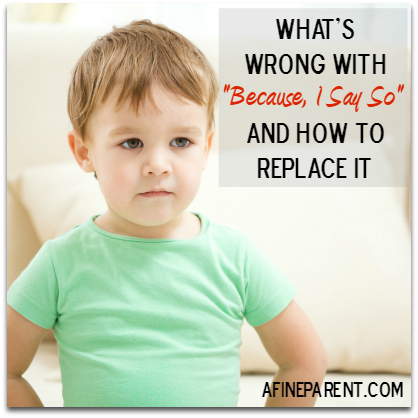 “But Moooom! Whyyy?”
“But Moooom! Whyyy?”
“Because, I Say So!!”
How easily those four words roll off our tongues when our children meet us with whining and repeated demands.
But is it a good idea to keep resorting to them?
I am a mom of three boys. One of their biggest questions is, “Mom, can we go to Nana’s?”
We live right across the street from her so they run back and forth constantly! They love to go see their grandmother, but I also know that they love to go have the run of her TV; they love to get out of doing their daily chores; and they love all of the sweet treats that Nana gives them every time they walk through her door.
So by the zillionth time in a day they ask me, “Mom, can we go to Nana’s?” and they have heard, “Not right now” they naturally reply with, “But, whyyyyyy?” (Drawn out with a dramatic plea.)
By now I’m at my wit’s end. And I’m quick to quip back, “Because, I Say So!”
Why is that a problem though? Why shouldn’t we just say “Because, I Say So!” and just get things done? It sure is efficient and haven’t parents used that for generations?
Research in the field of developmental psychology may have the answer. Psychologists classify parenting styles into 4 categories based on how controlling and demanding we are, and how much we focus on communication, responsiveness and nurturing.
Here is a simple picture illustrating the different parenting styles –
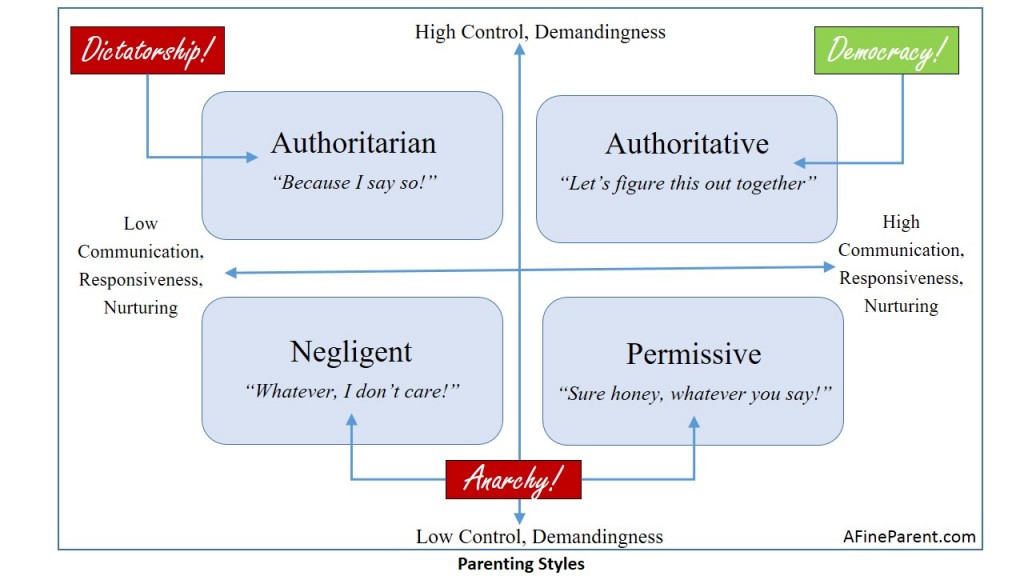
As positive parents, our goal is to nurture democratic families by being authoritative parents who partner with our kids to raise them to be happy, well-behaved and well-adjusted. According to researchers, while there is no universally “best” style of parenting, this style of parenting is better associated with raising competent kids who have positive behaviors and strong self-esteem.
Even when it may be uttered out of frustration or exasperation, the “Because I Say So!” response pushes us into the authoritarian parenting style – not only does this fray our relationship with our kids but could result in our kids ending up being fearful and anxious, less self-confident, and poor communicators.
So, what else can we say instead of “Because I Say So!”?
Here are a few alternate responses:
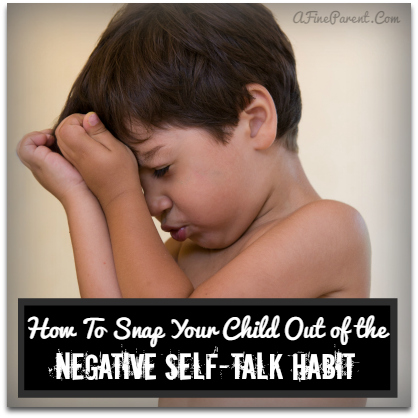 Who is your children’s worst critic?
Who is your children’s worst critic?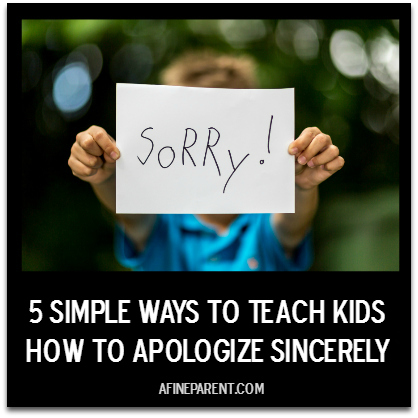 Isn’t it amazing that “I’m Sorry” is just two simple words, yet pack such an unbelievable punch?
Isn’t it amazing that “I’m Sorry” is just two simple words, yet pack such an unbelievable punch?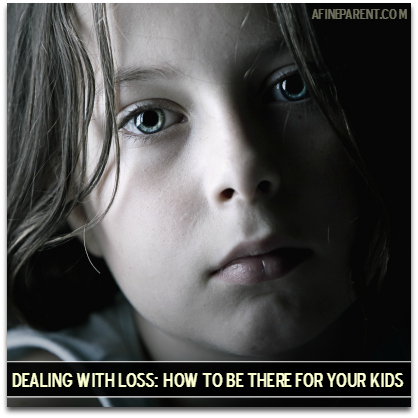 Have you ever lost something or someone you love? Do you remember the sinking sensation that dealing with loss brings?
Have you ever lost something or someone you love? Do you remember the sinking sensation that dealing with loss brings?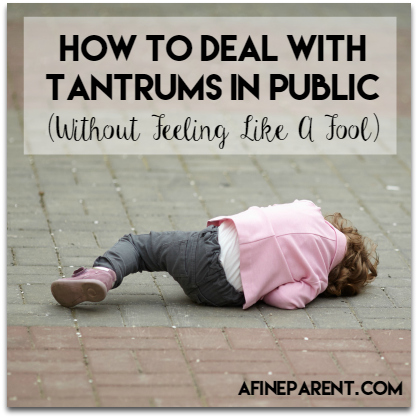 They’re watching you.
They’re watching you.